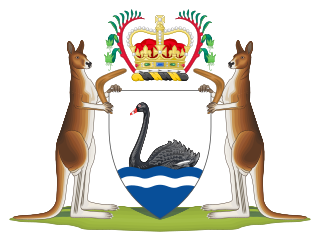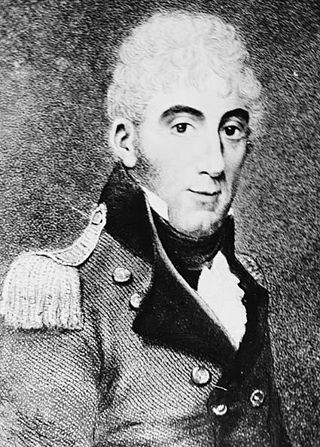Judges who served on the Commonwealth Court of Conciliation and Arbitration are:
| Position | Name | Appointment commenced | Appointment ended | Term in office | Comments | Notes | |
|---|---|---|---|---|---|---|---|
| President |  | Richard O'Connor | 10 February 1905 | 13 September 1907 | 2 years, 215 days | Judge of the High Court | [1] |
 | H. B. Higgins | 14 September 1907 | 29 June 1921 | 13 years, 288 days | Judge of the High Court | [2] | |
 | Charles Powers | 30 June 1921 | 25 June 1926 | 4 years, 360 days | Judge of the High Court | [3] | |
| Chief Judge |  | George Dethridge | 20 July 1926 | 29 December 1938 | 12 years, 162 days | [4] | |
 | George Beeby | 15 March 1939 | 31 July 1941 | 2 years, 138 days | [5] | ||
 | Harold Piper | 1 August 1941 | 16 June 1947 | 5 years, 319 days | [6] | ||
 | Edmund Drake-Brockman | 17 June 1947 | 1 June 1949 | 1 year, 359 days | [7] | ||
 | Sir Raymond Kelly | 30 June 1949 | 25 July 1956 | 7 years, 25 days | [8] | ||
| Deputy President | Charles Powers | 10 October 1914 | 30 April 1920 | 5 years, 203 days | Judge of the High Court | [3] | |
| Sir John Quick | 26 June 1922 | 25 March 1930 | 16 years, 10 days | [9] | |||
| Noel Webb | 26 June 1922 | 12 February 1927 | 4 years, 231 days | [10] | |||
| Judge | Lionel Lukin | 20 July 1926 | 6 July 1938 | 11 years, 351 days | [11] | ||
| George Beeby | 21 July 1926 | 31 July 1941 | 15 years, 10 days | [5] | |||
| Edmund Drake-Brockman | 18 April 1927 | 1 June 1949 | 22 years, 44 days | [7] | |||
| Harold Piper | 15 February 1938 | 16 June 1947 | 9 years, 121 days | [6] | |||
| Thomas O'Mara | 15 March 1939 | 14 October 1946 | 7 years, 213 days | [12] | |||
| Sir Raymond Kelly | 15 August 1941 | 25 July 1956 | 14 years, 345 days | [8] | |||
| Alfred Foster | 12 October 1944 | 26 November 1962 [lower-alpha 1] | 18 years, 45 days | Deputy President of the Commonwealth Conciliation and Arbitration Commission | [13] [14] | ||
| Bernard Sugerman | 15 April 1946 | 9 September 1947 | 1 year, 147 days | Resigned to take up appointment with NSW Supreme Court | [15] | ||
| Sir Richard Kirby | 26 August 1947 | 1973 [lower-alpha 1] | 25–26 years | First President of the Commonwealth Conciliation and Arbitration Commission | [17] [13] [18] | ||
| Edward Dunphy | 27 April 1949 | 15 August 1956 | 7 years, 110 days | Appointed to the Commonwealth Industrial Court | [19] [13] | ||
| Sydney Wright | 14 December 1950 | 1970 [lower-alpha 1] | 19–20 years | Deputy President of the Commonwealth Conciliation and Arbitration Commission | [20] | ||
| Malcolm McIntyre | 4 July 1952 | 21 September 1953 | 1 year, 79 days | [21] [22] | |||
| Sir Edward Morgan | 4 August 1952 | 15 August 1956 | 4 years, 11 days | Appointed to the Commonwealth Industrial Court | [23] [13] | ||
| Richard Ashburner | 1 February 1954 | 1963 [lower-alpha 1] | 8–9 years | Deputy President of the Commonwealth Conciliation and Arbitration Commission | [13] | ||



